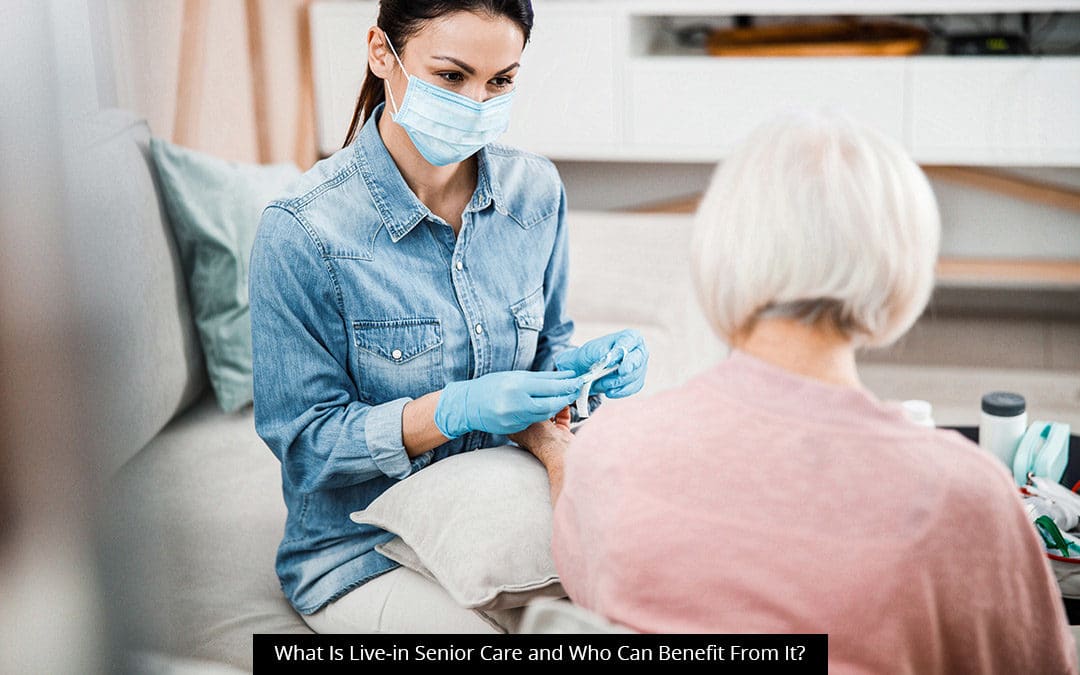As the senior population continues to increase across the country, the need for effective senior care services is also on the rise. The majority of older adults wish to age in the comfort of their own homes. Not only is this generally the most desirable outcome for seniors as they get older, but it is also becoming the most practical as home care services expand to accommodate this growing need.
With insufficient elder care services offered by the public health care sector, and the overcrowding and high costs associated with retirement homes and assisted living facilities, professional home care is the solution many seniors and their families are turning to for support.
Determining The Level Of Senior Home Care Required
Home care services are so effective because they can be completely tailored to the unique needs and preferences of each situation. For example, home care services can be arranged for a few hours a week to provide a little extra help with regular routines and activities. In other cases, a more comprehensive home care plan is required.
What Is Live-In Senior Care?
Live-in care services provided by a professional home care agency allow seniors to continue living at home and sustain as much independence as health conditions and other impediments will allow. Live-in care services are designed to optimize senior safety while enhancing the quality of daily living for seniors and their families.
Benefits Of Live-In Senior Care
There is a range of impressive advantages to be enjoyed for seniors receiving live-in care services organized by a professional home care agency. Examples of these practical and effective benefits include:
- Continual One-to-One Care
- Assistance with daily living
- Optimized independence
- Companionship
- Improved home safety
- Family Support
Continual One-To-One Care
Seniors that require ongoing care and assistance can benefit greatly from the One-on-One attention live-in care services provide. In retirement communities, the caregiver to senior ratio is typically unmanageable as caregivers feel overwhelmed and older adults feel neglected. Live-in care ensures your loved one is getting the focused assistance they need each and every time it is required.
Assistance With Daily Living
Routine tasks like household chores and personal hygiene can become strenuous and even impossible without assistance. When strength, mobility, and dexterity begin to decline, it can make tasks like housekeeping and bathing that were once simple seem extremely difficult without a little help.
Optimized Independence
Home caregivers can help encourage as much of an independent lifestyle as possible because they are always there for support when things get tough. Studies show that seniors are generally happier and more fulfilled when able to remain in their own homes while having some control over their daily routines to preserve as much independence as they are able.
Companionship
As we get older it becomes increasingly difficult to keep up with social relationships. Reduced mobility and transportation complications can make it harder to get out and visit as often. Live-in caregivers can offer daily companionship for increased social interaction, all the while assisting with regular routines and offering ongoing physical, mental, and emotional support.
Improved Home Safety
The risk of falls and injury in the home increases substantially with age. Reduced strength, mobility, and balance makes falls more likely to occur and when falls do happen the likelihood of serious injury is much higher for seniors. Live-in caregivers can help maximize home safety by removing trip hazards, clutter, and other potentially dangerous items to improve home organization for optimal safety.
Family Support
Live-in caregivers not only offer valuable support for seniors, but also their families. This can provide much needed peace of mind for family caregivers that may have been feeling overwhelmed with the responsibility of full-time care. Live-in care services offer families the ability to share responsibilities and focus on their own health and obligations while still being able to spend time with their aging loved ones.



